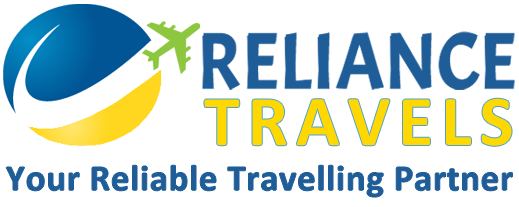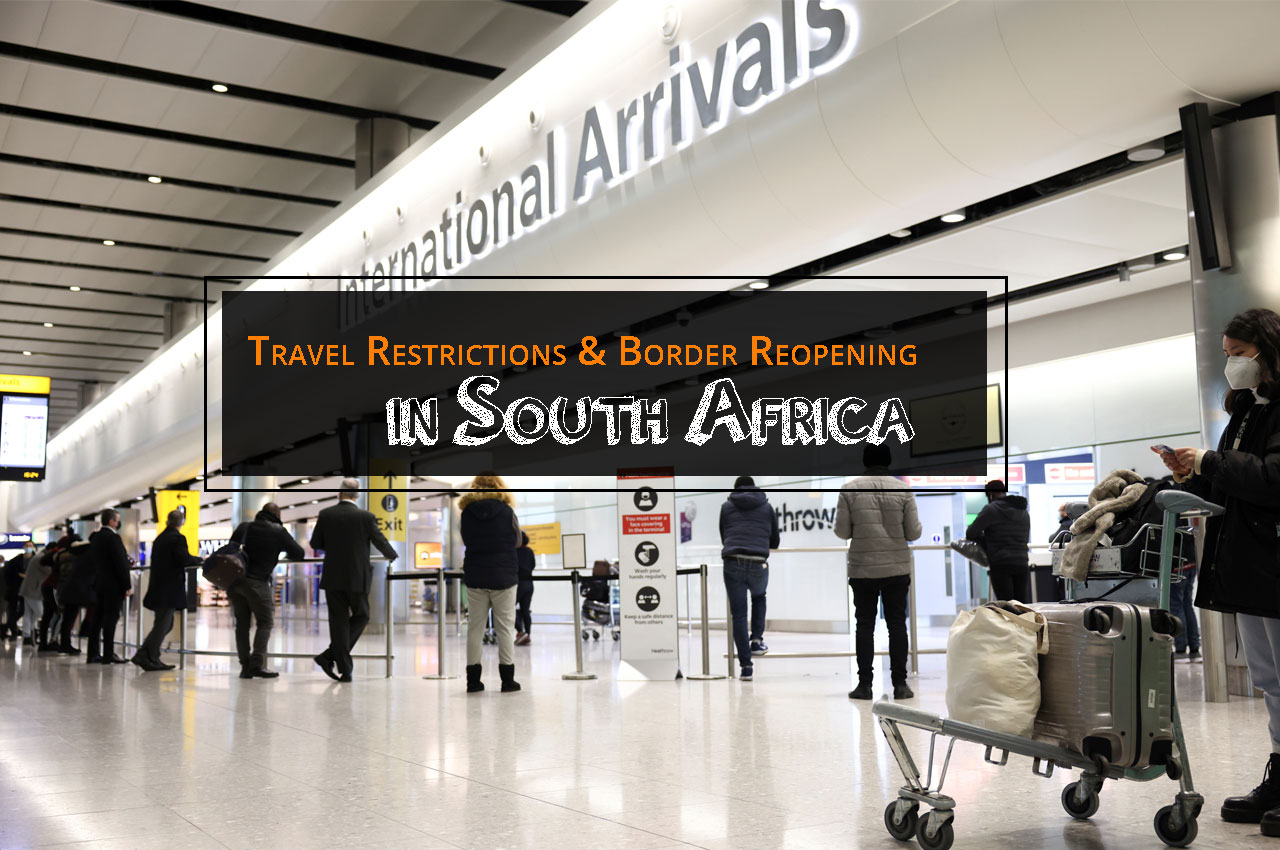Is It Safe for Me to Travel to South Africa Right Now?
Right present, there are no rigorous international travel restrictions in effect, so anyone may visit South Africa.International flights are only available from the following airports:
1) Tambo International Airport;
2) King Shaka International Airport;
3) Cape Town International Airport;
4) Lanseria International Airport; &
5) Kruger Mpumalanga International Airport.
Testing Requirements
All foreign travellers must present a valid COVID-19 test certificate acquired no more than 72 hours prior to their departure date.
Arrival Health Screening
When the traveller arrives at the port of entry, he or she will be tested for COVID-19 symptoms or contact with other people who have been infected. Travellers will also have to provide proof of their dwelling address if they need to self-quarantine once they arrive in the country. A COVID-19 test will be necessary if the traveller displays any COVID-19–related symptoms or comes into contact with an infected person(s). The traveller will be responsible for this inspection.
If the COVID-19 test is positive, the traveller will be placed in quarantine for ten days at a specified location. The expense of staying at a quarantine facility is the responsibility of the traveller. For the length of their trip to South Africa, visitors must also download and install the Covid Alert SA app.
Transit Passengers
A passenger in transit must have a negative PCR test certificate or a valid COVID-19 negative test certificate from an approved laboratory-acquired no more than 72 hours before the date of travel. If a traveller exhibits COVID-19 signs, he or she must, upon arrival and under the supervision of Port Health-
=> Be subjected to primary and secondary screening, including COVID-19 testing where appropriate;
=> Be quarantined at one's own expense if a positive test result is received.
=> if travelling with family, be quarantined at one's own expense with the entire family.




